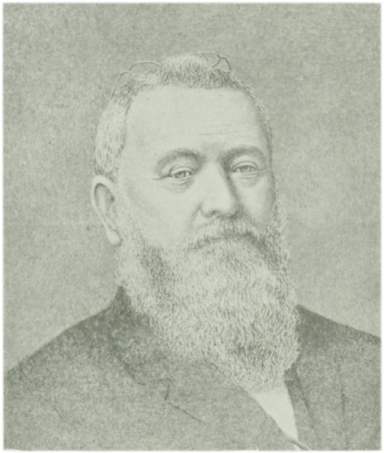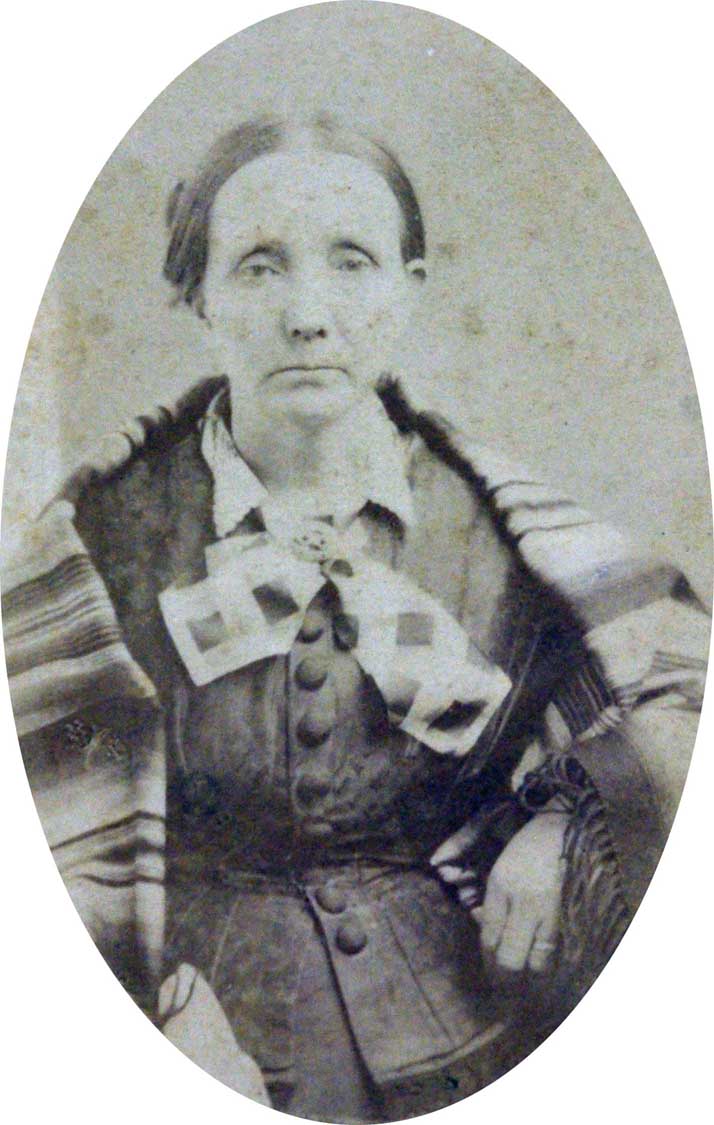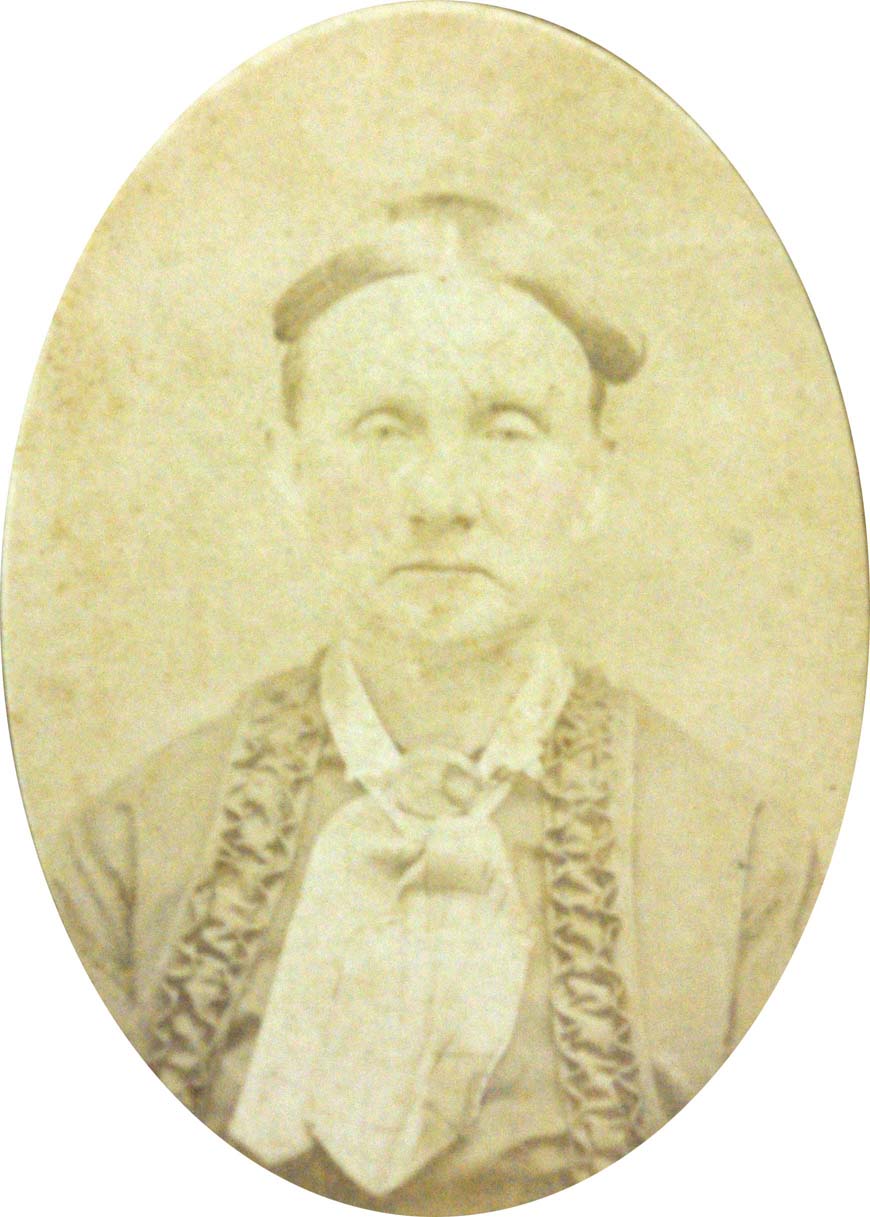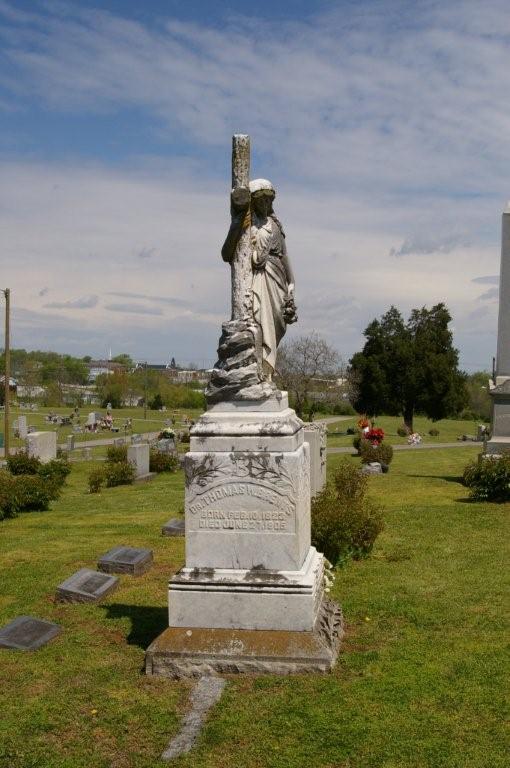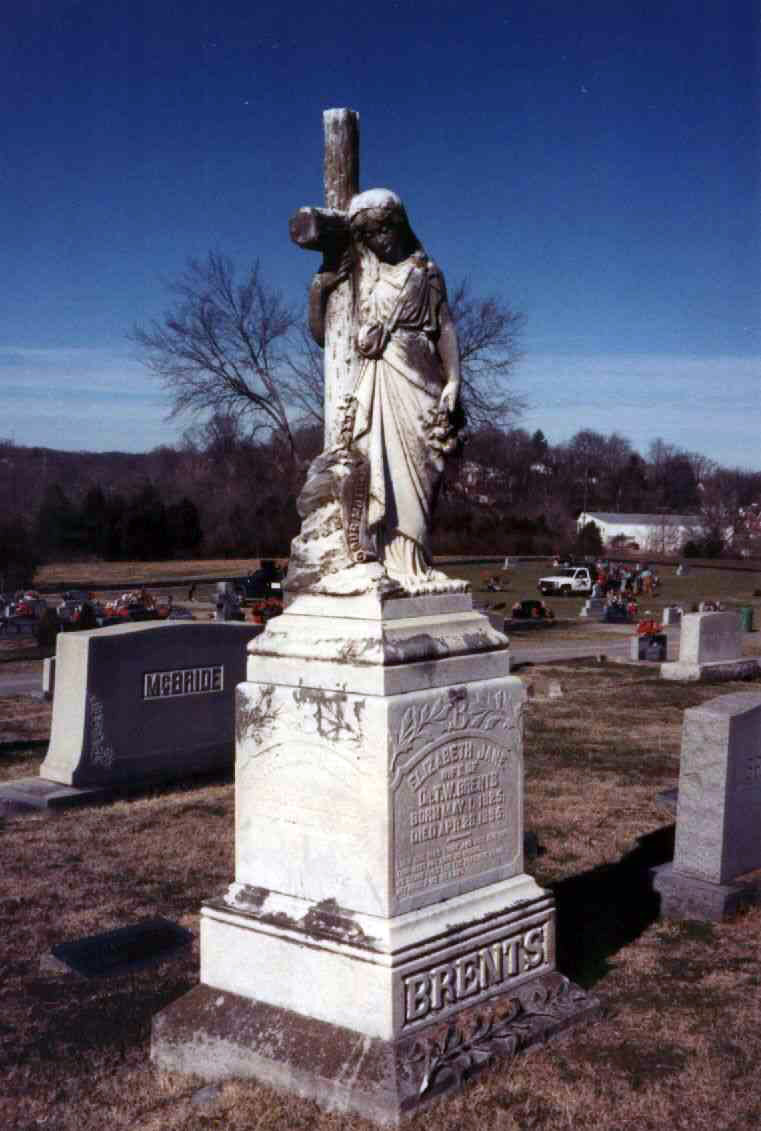Dr. Thomas Wesley Brents
Feb 10, 1823 - June 27, 1905
Picture From Biographical Sketches Of Gospel Preachers
![]()
Sketch On The Life Of T.W. Brents
Dr. T. W. Brents was born on February 10, 1823, in Lincoln County, Tenn. His parents were Kentuckians and were related to some prominent people in that State. Dr. Brents had very poor chances for an education in his early days. There were few schools, and many times the schools were not well managed, neither was the teacher very well prepared. When young Brents grew up, he became a blacksmith by trade. Tie had a strong physique with a very robust appearance. He was not only a man of great physical powers, but he had great mental powers. He was no ordinary man.
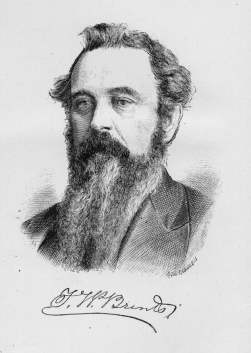
When he grew to manhood, his mind was inclined to the practice of law, but his attention was turned to that of medicine. He entered the medical college at Nashville, Tenn., and remained for a while, and then attended the Macon Medical College, at Macon, Ga., graduating from that college with distinctive honors. After his graduation he was asked to become one of the instructors of his Alma Mater. He accepted and filled the Chair of Anatomy and Surgery in the Macon Medical College for a number of years just preceding the Civil War. After leaving the medical college as an instructor, he practiced medicine and surgery for a number of years. He preached the gospel as he had opportunity. He had a great desire to preach. He loved that work. But he soon saw that he could not practice medicine and preach the gospel at the same time with that degree of success that he desired; so, believing it to be his duty to preach the gospel, he gave up a lucrative practice of medicine and dedicated his life to preaching the gospel. However, he always had some other work than preaching. During the Civil War and immediately after it he was engaged in the mercantile business at Shelbyville, Tenn. Nature had endowed Dr. Brents with faculties for a broad sphere of activities. He was successful in every line of endeavor. He had the ambition to succeed at whatever he undertook, and he could claim a large measure of success in business affairs.
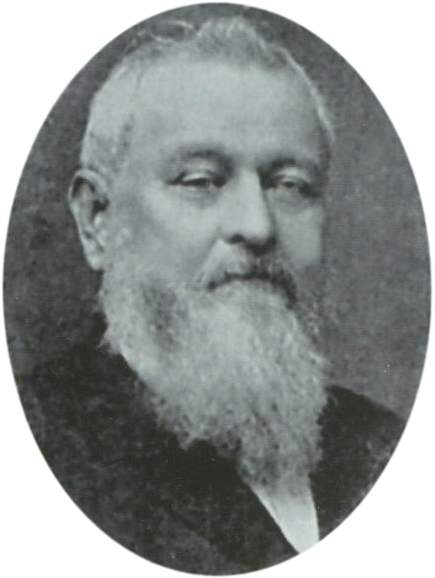
Ligon Portraiture Picture
In 1878 he was elected president of Burritt College, at Spencer , Tenn. This college was founded in 1849. Under its original charter the teachers were required to accept stock in the college as a part of their salaries. This continued until the teachers owned the buildings. John Powell, who was president of the college, sold his stock, which was very large, to Elijah Denton. Elijah Denton employed W. D. Carnes as president in 1872, and he continued as president of the college until 1878. During this time Dr. Brents had moved to Spencer. He conceived the idea of enlarging the college and making it a college in which the Bible should be taught by men of the brotherhood. Elijah Denton deeded Dr. Brents one-half of his interest in the college, and Dr. Brents was made president of the college in 1878. He continued as president of the college four years, or until 1882. In the meantime he raised money and erected new college buildings. The college prospered under his fostering care. He was a diligent and untiring student and prosecuted his duties with vigor and zeal. He taught anatomy, physiology, and botany while serving as president of the college. He found time to study the Bible and teach it to a large number of his students.
In 1874 he published his first book, "The Gospel Plan of Salvation." This book deals with all the principles of the gospel. It also includes a discussion of depravity, foreordination, election, and all the Calvinistic doctrines. In this book he treats in a very thorough way the establishment of the church and its identity. The conditions of pardon and the work of the Holy Spirit are treated in a very logical way. Dr. Brents was a logician, and his strong, lucid exegesis of Scriptures bearing on these questions are expressed in simple English in a way that no one can fail to understand him. "The Gospel Plan of Salvation " has probably done more to help young preachers get a clear understanding of the teachings of the Bible than any other book written in modern times. Brother M. C. Kurfees said: "The two books, more than all others combined, that helped me in early life to a knowledge of the word of God were `The Gospel Plan of Salvation,' by Dr. Brents, and the first volume of `The Gospel Preacher,' by Benjamin Franklin." Many preachers have been benefited and blessed by this book. Its title has become the phraseology of many preachers of the gospel in expressing the way of salvation. The American Christian Review, in speaking of this book, said that Dr. Brents "has, with a masterful hand, met, traced out, and explained the greatest difficulty, and, with the utmost patience and in the most laborious manner, cleared away the perplexities and confusion that have kept thousands out of the kingdom of God."
Dr. Brents was a great debater. He came into the church when the "fight was on," and with heroic courage he met the champions of error and defeated them. Few preachers were his equal on the forensic arena. Among the denominational preachers whom he met in debate were Timothy Frogge, J.B. Moody, Jacob Ditzler, and Dr. Herod. He met Jacob Ditzler seven times in debate. Mr. Ditzler was the giant defender of Methodism; Dr. Herod was the able defender of the Primitive Baptist theories. A. M. Growden said of him: "I unhesitatingly pronounce him the most invincible logician, the greatest Scriptural reasoner, and the most merciless debater I ever heard. He was absolutely without mercy toward error, but not so toward men; a man of charity toward human weakness and frailty, but woe be to the man who stood before him to champion an unscriptural position!"
His last book, "Gospel Sermons," was published in 1891. This book contains many of his strongest sermons and is a most readable and instructive book. It is an excellent contribution of sermonic literature to the edification of the church.
Dr. Brents never located with any church as its regular preacher. He visited many churches and instructed them in the work and worship of the Lord. He wrote many articles for the papers and did what he could to keep the truths of the Bible before the people with clearness and power. His last days were spent with his son at Lewisburg , Tenn. He died there on June 29, 1905. Funeral services were conducted by R. Lin Cave, of Nashville, Tenn., and Dr. S. T. Hardison, of Lewisburg. Both of these men have passed to their reward. Truly, nature cast Dr. Brents in a mighty mold, and he served his generation well.
-From Biographical Sketches Of Gospel Preachers, H. Leo Boles, Gospel Advocate Company, Nashville, Tennessee, 1932, pages 204-207
![]()
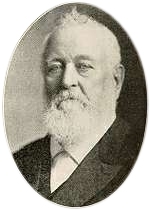
Older Picture
![]()
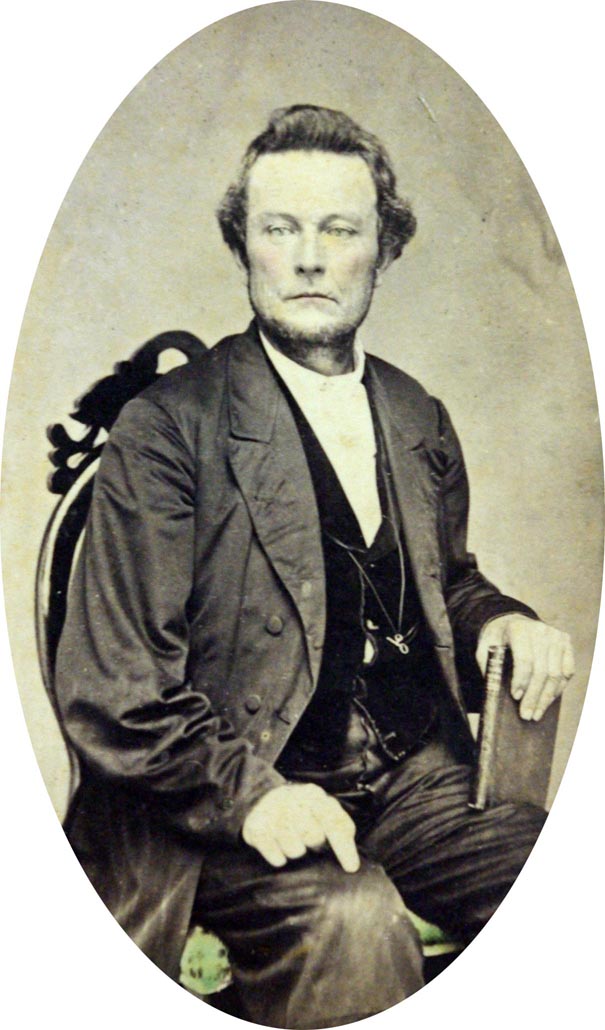
New photo found of
Dr. T.W. Brents
without a mustache and fuller beard.
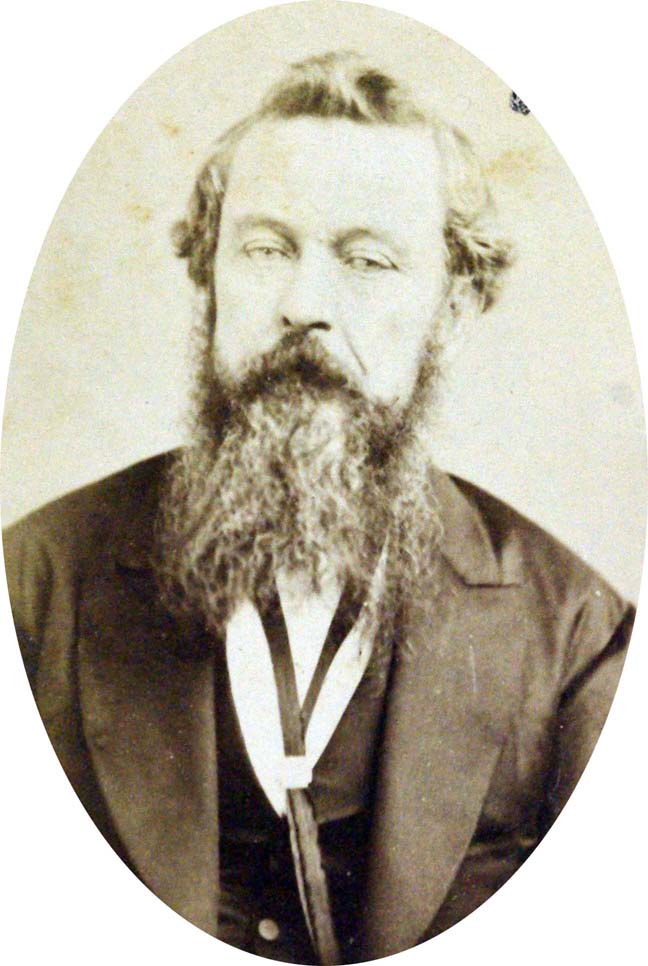
Recent Photos Found In The
Disciples Of Christ Historical Society
Special thanks to C. Wayne Kilpatrick for making these available - 04.2011
![]()
Recent Photos Found In The
Disciples Of Christ Historical Society
Special thanks to C. Wayne Kilpatrick for making these available - 04.2011
![]()
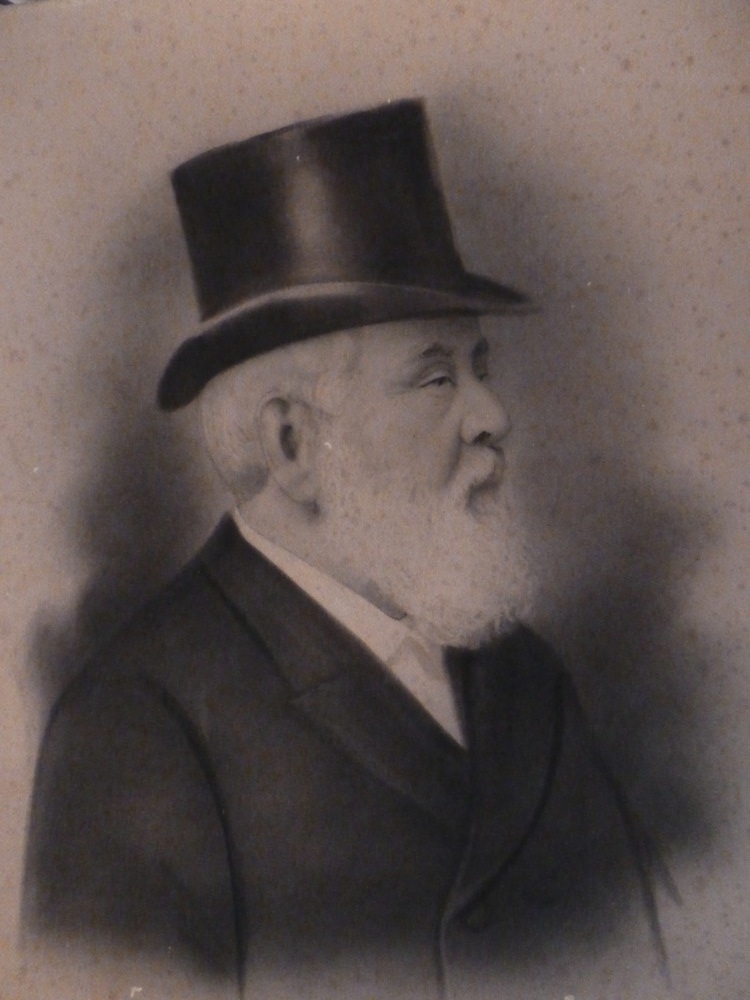
Burritt College President
1878-1882
Photo of a drawing located in the Burritt College Museum, Spencer, Tennessee
![]()
Directions To The Brents' Family Plot
Dr. T.W. Brents is buried at the Lone Oak Cemetery in Lewisburg, Tennessee. It is located south of downtown on Hwy. 31, Sam Davis Hwy. Enter the cemetery front entrance. About halfway to the middle of the cemetery turn left and approach the highest knoll and look for the tall stone with woman and cross. Brents, along with wife, Elizabeth Jane are buried there. The exact GPS location of the graves are: 35°26'31.0"N 86°47'20.1"W / or D.d. 35.441944, -86.788909
![]()
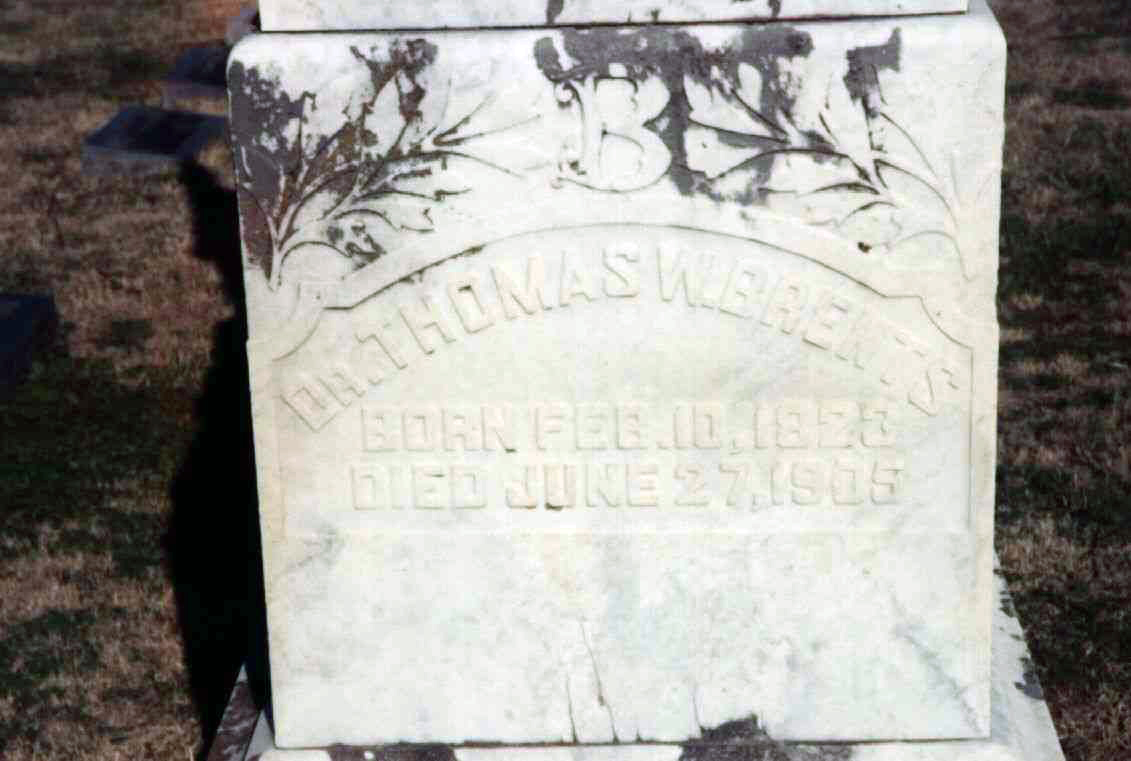
Dr. Thomas W. Brents
Born Feb. 10, 1823
Died June 27, 1905
![]()
